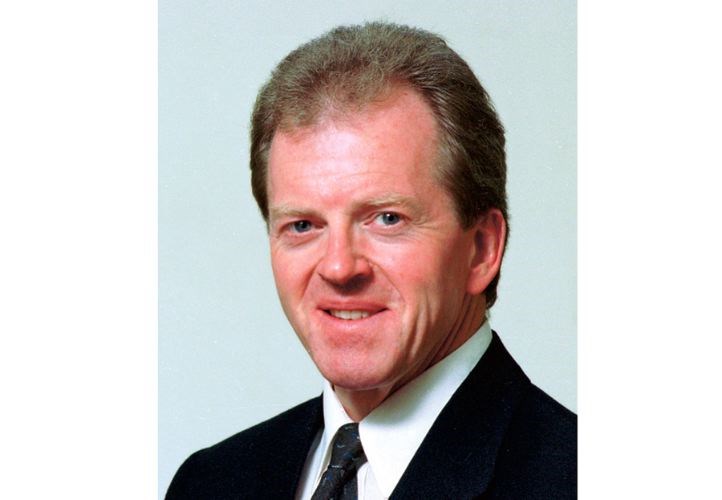After an initial flurry of optimism, Premier Christy Clark is now anxious about Canada's prospects for a renewed agreement with the United States to manage the softwood lumber trade.
"I am worried about softwood, period," Clark said. "I think we are going to have to work incredibly hard now to try and get a deal because we are not a lot closer."
That's not a slight against the new federal government, nor the minister for international trade, Chrystia Freeland, who has charge of the softwood file.
"I've got to give her credit, she's worked day and night to try and resolve this," Clark said Thursday. "It's been her central focus for the last several months."
The Americans reportedly prefer to impose a quota on Canadian softwood imports to the U.S. "Absolutely under no circumstances will we accept an agreement that includes quotas," declared Clark in a speech to the Council of Forest Industries in Kelowna last month.
B.C., along with other players on the Canadian side, prefers an export tax tied to lumber prices and exchange rates, much like the agreement that ended the last softwood dispute 10 years ago.
"But we just haven't seen enough movement from the American side of the table," Clark said last week, "and I'm really concerned about it."
Time is running out in more ways than one.
The B.C. premier led the cheering section, calling it "fantastic news" back in early March when Prime Minister Justin Trudeau and U.S. President Barack Obama announced the two countries would try to get a new agreement settled in 100 days.
But that was over two months ago and the 100 days run out in June. While the two sides might negotiate an extension, Clark noted how another, more political deadline, is looming.
"We're late in the season," said the premier, referring to the inescapable political dynamics of a U.S. election year. "Their election season starts in September and everybody pretty much acknowledges if this deal doesn't get done by September it's not going to get done in time."
Plus, she's concerned about the rising tide of political opposition to freer trade in the U.S. In the past, Democrats tended to be more protectionist, given their ties to organized labour, while the Republicans were generally more supportive of trade deals.
But thanks to Democratic party challenger Bernie Sanders on the left and Republican upstart Donald Trump on the right, both parties are consumed by populist calls for putting up barriers and scrapping existing trade agreements.
"I'm worried about both candidates and their protectionism," said Clark, noting how "Bernie Sanders has had a real impact on the Democratic race," by pulling front-runner Hillary Clinton leftward, "and Trump, of course, is now the Republican nominee."
In celebration of which, he delivered a speech in Lynden, Washington earlier this month where he denounced the North American Free Trade Agreement as "one of the great economic disasters" for the U.S.
While softwood was specifically exempted from NAFTA, Trump took a menacing if vague swipe at that trade well, telling the American crowd "you can't sell your timber, they won't even take it."
But even if Clinton emerges as the winner in November, she might well come into office with a more protectionist congress. As a result, Canadians can expect a rougher ride on the trade file whomever wins the presidency.
"We've already seen this putting up walls discussion, this anti-immigration discussion, this (talk of) closing down of America's borders and Americans' minds," said Clark. "And I think it's really sad, because America will never be great if they are not open. That's what made them great."
Ever the calculating politician, she has been drawing connections between the Trump-Sanders agenda and those who want to put up barriers to trade and investment here in B.C.
"I don't think you can say we want to be a global city, and then at the same time, 'We want to shut our doors to the globe,'" said Clark, alluding to the backlash over foreign investment in real estate.
She played the anti-protectionist card earlier in the year when fronting a motion in the legislature in support of the Trans-Pacific Partnership trade agreement between Canada, the U.S. and 10 other nations on the Pacific Rim.
"The reality is with TPP there are virtually no downsides for B.C.," Clark claimed.
"There has never been a trade agreement negotiated by Canada where British Columbia comes out the clear winner the way that we have in this deal...From British Columbia's perspective, it is almost all positive for workers and jobs here."
Was the premier looking for a wedge issue to use against the more protectionist New Democrats in the next election, reporters asked. "It is only a wedge if the other guys oppose it, right?" Clark replied.
Sure enough, they did.



